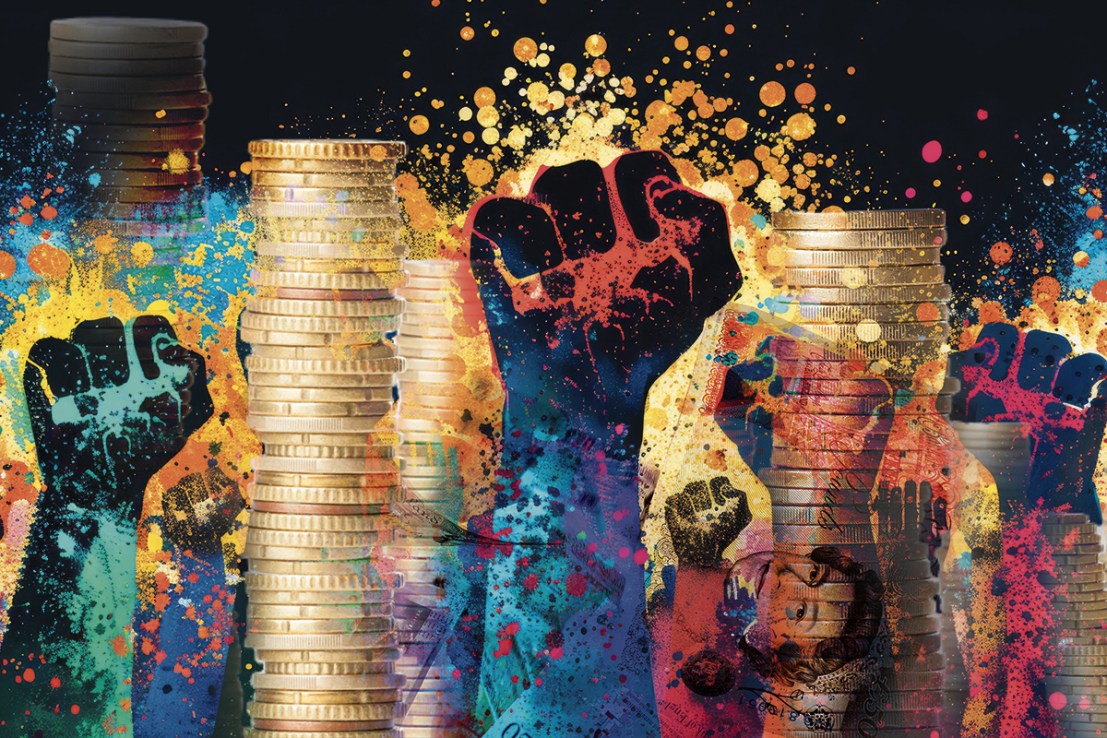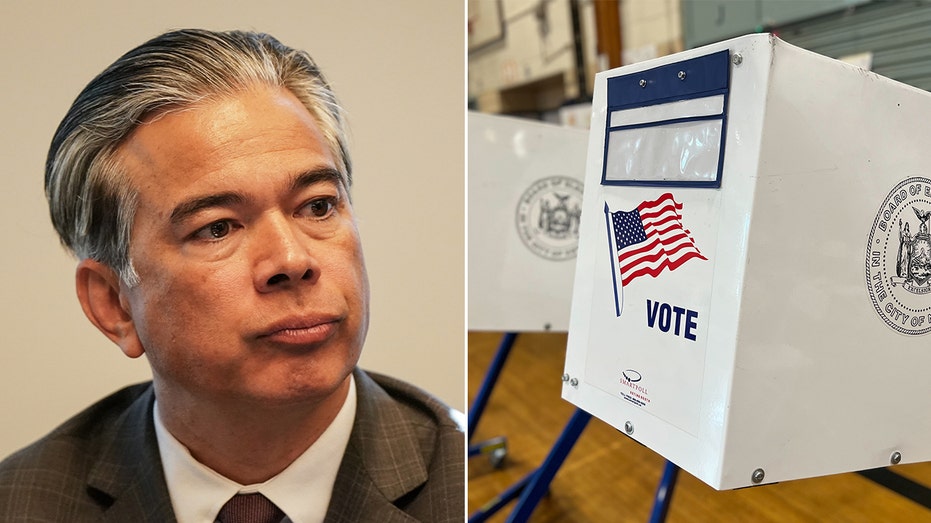In defence of Woke Capitalism
DEI schemes are there to improve businesses and equality. What are the opponents of 'woke capitalism' so afraid of, asks Eleanor Kaye.


DEI schemes are there to improve businesses and equality. What are the opponents of so-called ‘woke capitalism’ so afraid of, asks Eleanor Kaye
Over recent months, “DEI” (diversity, equality and inclusion) has come in for a drubbing across the finance world. At the extreme end of the spectrum, this has involved lawsuits against initiatives aiming to help more black women secure venture capital. It has also inspired a range of think pieces and strongly worded treatises extolling the virtues of the end of so-called ‘woke capitalism’ – something you may have read in this very paper last week.
This gleeful rubbing of hands about the ‘demise’ of DEI leaves a sour taste in the mouth. Not only because it so often comes from a cohort with a vested interest in maintaining the status quo, but also because it’s so deeply short-sighted.
Some in the anti-DEI brigade speak as though a commitment to diversity and the existence of initiatives designed to level the economic playing field amount to a millstone around the neck of UK plc, stifling our progress and obstructing economic growth. This could not be further from the truth.
The business case
A range of studies show that diverse teams drive better returns. A Credit Suisse analysis, alongside a host of others, found that having women on company boards yields stronger performance and reduces the risk of errors. A Harvard Business Review report found that investment firms with greater ethnic diversity among decision-makers outperformed their more homogenous competitors. The same report found a positive correlation between senior female hires and fund returns.
This evidence is a far cry from the picture painted by some of the DEI’s naysayers who imply that diversity schemes are led by conniving busybodies intent on giving handouts to the unworthy and hampering business interests in the process.
Pushing for a new normal will, of course, chafe at those who benefit from inequality
Diversity and inclusion schemes aren’t there to slow things down, they are there to put things right. Pushing for a new normal will, of course, chafe at those who benefit from inequality. But we cannot sit content when so many sectors, particularly in finance, remain so unbalanced.
Take Venture Capital, for example, where women currently occupy just 14 per cent of senior investment roles and just 10 per cent are held by people from minority ethnic groups. This has a major knock-on effect on the demographics of startup founders who secure investment. Only three per cent of VC capital went to all-women teams in 2023 (with 82 per cent going to all-male teams). Brilliant entrepreneurs and game-changing ideas are being left out in the cold.
To suggest that this status quo should be left unchallenged displays, at best, a concerning lack of understanding of structural inequality and the damage it can do.
DEI is not perfect
We can of course have sensible debates about whether DEI as a term needs reframing, and explore how we can design better inclusion schemes and improve existing ones. We must, for instance, make sure we look beyond gender and ethnicity barriers to also include factors such as socioeconomic backgrounds, regional divides, disability and access to education in frameworks which aim to open up opportunities for those who are overlooked, underestimated or excluded.
And we should make sure that meeting diversity targets and obligations isn’t process-laden or unnecessarily paperwork-heavy. Effective DEI processes become ingrained in everyday culture; they don’t sit clunkily alongside day-to-day work as a box-ticking exercise.
Like most things, DEI is not perfect. But the philosophy behind it is pulling us in the right direction. If the UK is to achieve its goal of growth for everybody, it is crucial that those in power continue to bang the drum for a more inclusive economy.
To those who view increased diversity and the benefits it brings as a threat, it begs the question – what are you so afraid of?
Eleanor Kaye is executive director at Newton Venture Program



